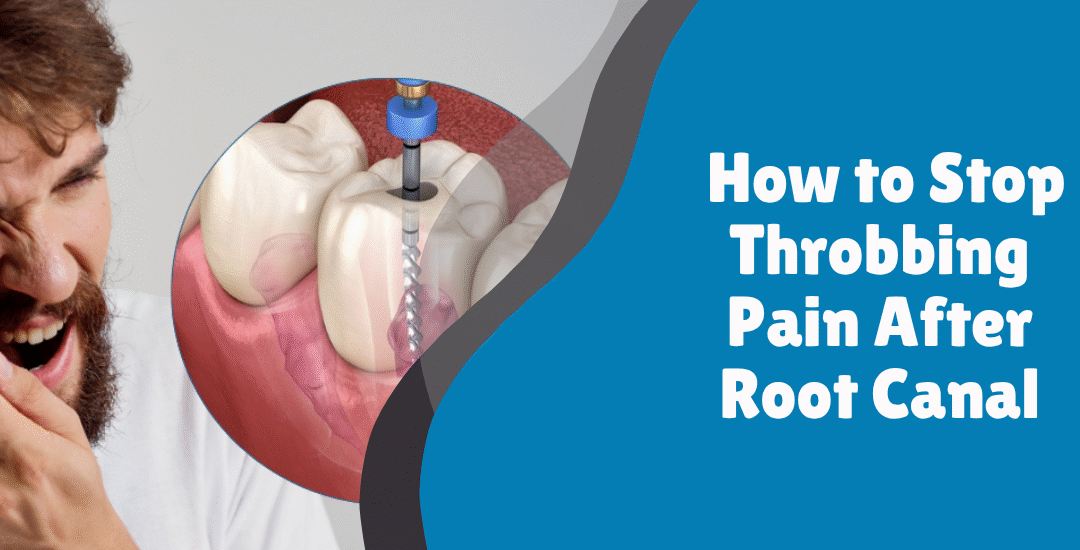What to Expect 2 Weeks After Wisdom Teeth Removal
A root canal is a common dental procedure designed to save a tooth that has been severely damaged or infected. The process involves removing the infected or damaged tissue from inside the tooth, cleaning the area, and sealing it to prevent further infection. While a root canal can be an effective treatment, few patients report experiencing throbbing pain afterward.
This can be concerning, especially when patients expect relief from the pain that led them to seek the procedure in the first place. Understanding why this pain persists and how to manage it is essential to ensure a smooth recovery.
Dr. Alisha Khan, a well-known dentist in Chembur at Evershine Dental Clinic, shares, “Some post-root canal discomfort, including throbbing pain, is common and can result from the body’s healing process. While this can be uncomfortable, it’s important to monitor your symptoms and contact your dentist if the pain persists.”
Why Does My Tooth Still Hurt After a Root Canal?
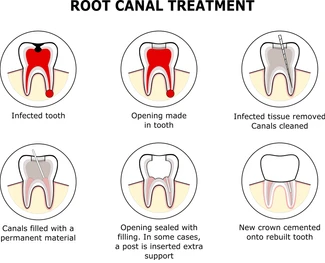
Worried about persistent pain after your root canal? Reach out to a specialist for a thorough evaluation and treatment.
How Long Will My Tooth Throb After a Root Canal?
Usually, pain lasts only a few days to a week, with patients generally feeling better in the first couple of days. If there is constant throbbing pain lasting more than a week or increasing over time, it could be an indication of something that calls for medical help. Early intervention can prevent further complications and ensure a quick recovery.
Looking for the best methods of managing pain? Let’s discuss some effective ways to relieve your pain.
How to Manage Throbbing Pain After Root Canal
“Throbbing pain following a root canal can be frustrating, but it can be managed in several ways,” says Dr. Alisha Khan, one of the best dentist in Chembur. Follow these tips to manage throbbing pain after root canal:
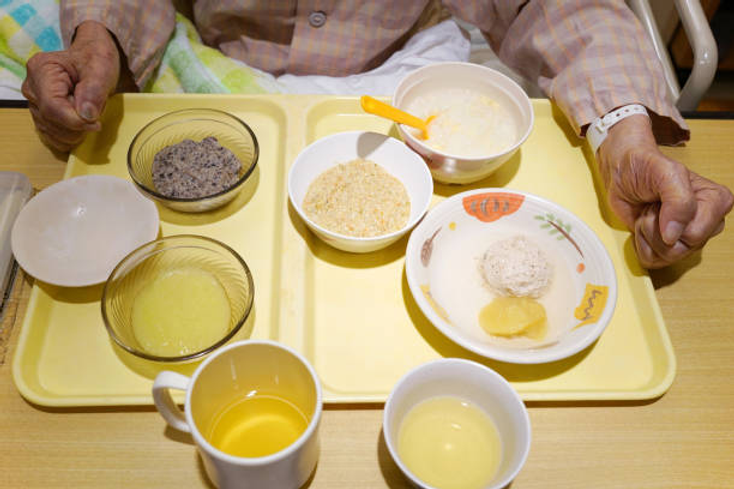
Take Painkillers : Over-the-counter analgesics such as ibuprofen or acetaminophen may help alleviate pain and reduce inflammation. Always stick to the dosage instructions given by your dentist.
Cold Compress : A cold compress applied to the area may relieve swelling and numbness, giving temporary relief from the throbbing pain.
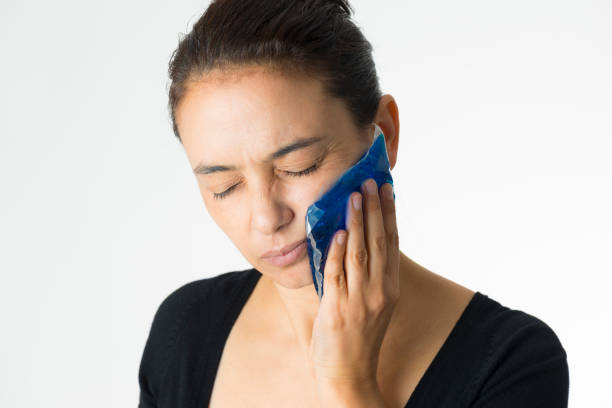
Avoid Hard Foods: Consuming soft food and not chewing on the treated tooth can prevent the irritation during healing.
Follow Your Dentist’s Instructions Adhering to the aftercare instructions provided by your dentist is crucial in preventing complications and ensuring that your tooth heals properly.
Is your pain increasing? Let’s determine when it’s time to seek professional assistance and avoid potential complications.
Is it time to see your dentist? Here’s what to watch for.
When to Contact a Dentist
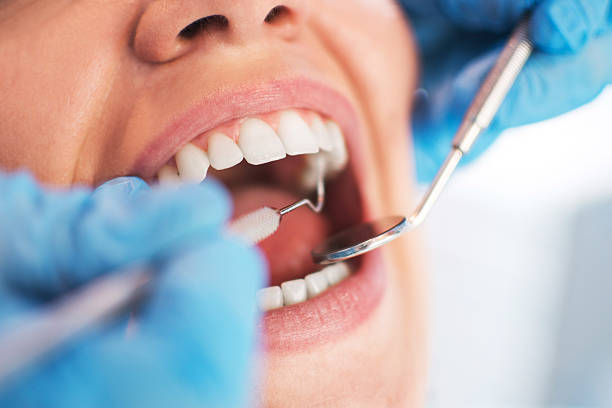
Although there is usually some discomfort following a root canal, specific symptoms may indicate that the throbbing pain requires professional attention. Contact your dentist at once if you feel any of the following:
Pain that doesn’t subside or gets worse after more than a week.
Swelling or discharge of pus around the treated tooth area.
Trouble biting or chewing, even several days after.
Prolonged sensitivity to heat or cold.
Infection or fever.
These may be signs of a problem that lies beneath, including an infection or a failed root canal. Getting immediate treatment can correct these early on and prevent further harm.
Conclusion
Throbbing pain after root canal is something to worry about, but with the knowledge of the healing process and proper pain management, your concerns can be alleviated. Most patients are relieved with adequate care and attention within a span of a few days to a week. But in the event that pain persists and becomes more severe, a proper assessment from your dentist is a must. Dr. Alisha Khan and team at Evershine Dental Clinic in Chembur are experts in post-root canal care, providing you with the most effective treatment for a quick recovery without discomfort.
Need expert care for your root canal recovery? Visit a specialist for timely intervention.
Throbbing Pain After Root Canal? Visit a Dentist in Chembur
Mild discomfort after a root canal is common, but persistent throbbing pain may indicate inflammation, bite issues, or infection that needs prompt attention.
If you’re dealing with ongoing pain, consult an experienced dentist in Chembur. Dr. Alisha’s Evershine Dental And Cosmetic Clinic is trusted as one of the best dental clinics in Chembur, offering expert root canal care, precise diagnosis, and effective pain relief solutions.
FAQs
How can I get instant root canal pain relief?
Taking over-the-counter pain medicines and using a cold compress can work instantly. Always take your dentist’s recommendation.
How to tell if a root canal failed?
Signs of a failed root canal include persistent pain, swelling, or infection around the treated area, or sensitivity to hot and cold that doesn’t subside.
What not to do after a root canal?
Avoid chewing on the treated tooth, eating hard or sticky foods, and neglecting oral hygiene. Follow your dentist’s aftercare instructions carefully.
How long does post-root canal pain last?
A few days of discomfort are common, with major improvement after one week. However, pain over a week should be checked by a dentist.
Can an infection occur after a root canal?
Yes, infections can arise if the procedure of the root canal wasn’t completely effective or if bacteria infect the treated tooth. Treatment should be done immediately to avoid further problems.
Disclaimer: The information shared in this content is for educational purposes and not for promotional use.

